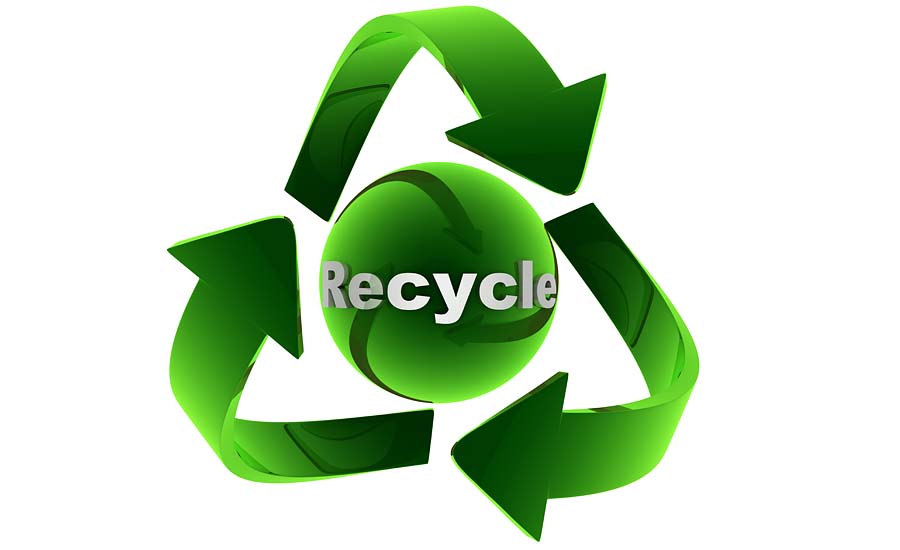ALPLA, Austria; Britvic plc, UK; Danone S.A., France; Unilever, London; REMONDIS Recycling GmbH & Co.KG, Germany; and BP, London, joined forces to utilize BP’s enhanced recycling technology to create a new cross-industry consortium to develop a global circular economy for plastics.
The new consortium aims to help address the problem of plastic waste by accelerating the commercialization of BP Infinia enhanced recycling technology, which is designed to turn opaque and difficult-to-recycle (known as ODR) PET plastic waste into recycled feedstocks that can be used to make new high-quality PET plastic packaging again and again, with no loss in quality.
The consortium intends to combine the capabilities and experience of its members to develop a new circular approach to dealing with PET plastic waste. Each member will contribute resources and distinctive capabilities and experience in areas such as waste management and recycling, technology development, intermediate processing and product design to develop a business model that takes into consideration the infrastructure, supply chain and demand requirements involved in creating a circular economy for polyester and PET plastic.
In October, BP announced plans to construct a $25 million pilot plant to prove the technology on a continuous basis before progressing to full-scale commercialization.
“ALPLA is delighted to join this cross-functional project with partners from the entire value chain. It completes our intense activities besides mechanical recycling and focuses on post-industrial PET waste, difficult-to-recycle PET packaging and PET thermoform trays,” says Georg Lässer, head of recycling at ALPLA. “With BP in the lead, we have a very strong and highly experienced partner that contributes with knowledge about virgin polyester production.”
“This is an exciting step toward a circular economy for the polyester industry. BP is experienced in developing and scaling up technology, and we’ll do this again with our innovative BP Infinia process. But, we know we cannot create circularity on our own. That’s why we are thrilled to be working together with industry leaders to develop and prove a practical business model that can hopefully contribute to making all types of polyester waste infinitely recyclable,” says Rita Griffin, chief operating officer, petrochemicals for BP.

